Advertisements
Whether your blood sugar level is high or low, it's harder than sounds. You may be surprised, but it's more than not eating certain foods. Diabetes is one of the most common and dangerous diseases. Check what silent symptoms you should not neglect.
15. Unusual Thirst

The first important sign of diabetes is abnormality and excessive thirst. Drinking a lot is normal and healthy but if you noticed that you’re thirsty all the time, something’s wrong. You’d better visit the doctor to get checked.
14. Urge to Pee
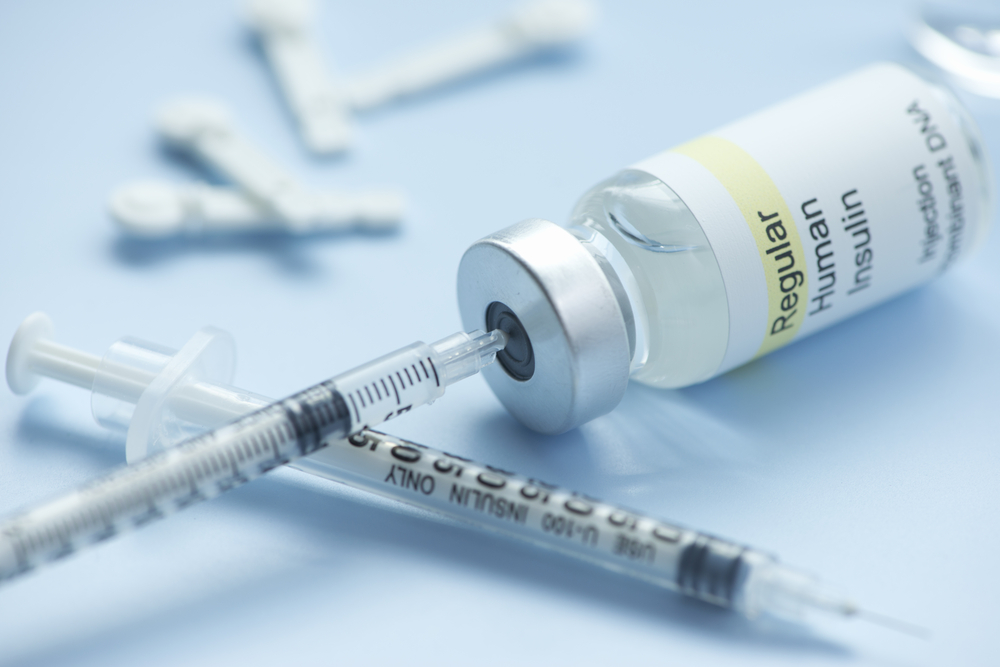
Obviously, if you start drinking a lot more than usual, you will also have to go to the bathroom more often. In addition, high blood sugar also increases the amount of urine production. That's why it's important to keep track of your bathroom visits.
13. Fatigue

Feeling tired even when you didn’t do anything exhausting? Sure, you might be simply lazy but that is also one of the symptoms. You can experience tiredness in case of both low and high blood pressure. Glucose slows down the circulation, thus your cells won’t get the amount of nutrients and oxygen they need and it all results in making you feel tired.
12. Thrush
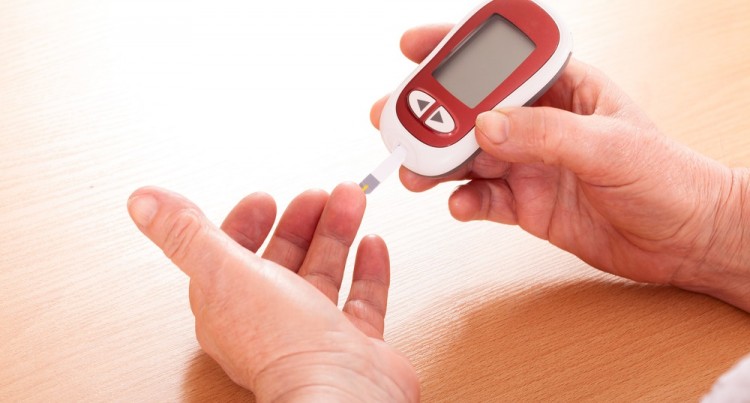
Uncontrolled diabetes can lead to itching and burning in the genital area as the excess sugar increases the risk of getting yeast infections. Although it is relatively common and mostly harmless, it has to be treaded immediately because it can have serious complications combined with diabetes.
11. Worse Vision

Blurry vision is often one of the first warning signs of diabetes. If your blood sugar is too high, fluid may be pulled from the lenses of your eyes. This may make it more difficult for your eyes to focus so things become blurry. A blurred field of vision, flashes, and spots of light will disappear once blood sugar returns to normal. If blood sugar levels are uncontrolled, blood gets thicker. Thicker blood pulls in more fluid from surrounding tissues including the lenses of the eye thus impacting the ability to focus. High blood sugar can cause the lens of the eye to swell. The ultimate consequence could be blindness.
10. Slow Healing
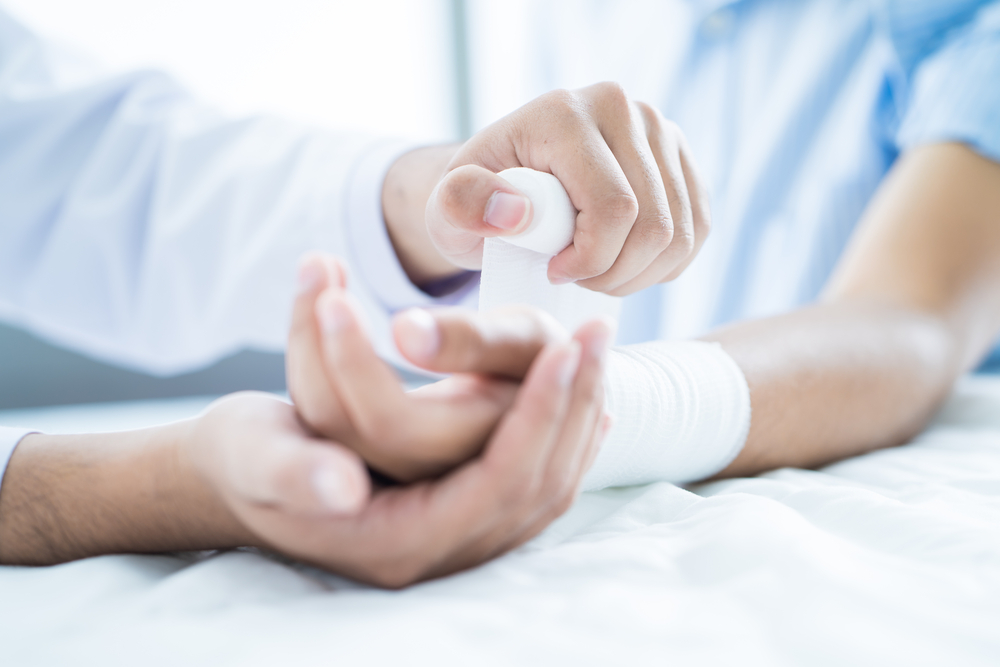
Be careful around knives, blades and everything sharp in general. You may have to consider getting checked in case you noticed that your cuts and wounds are healing very slowly. Plus, if you do have diabetes, you’re more likely to get infected thanks to your weakened immune system.
9. Appetite

There can be countless reasons for an increased appetite and one of them is diabetes, of course. Excessive hunger is not something you should take no notice of. It is not just simply a lack of self-control, thing could get really serious if you don’t act.
8. Weight Loss
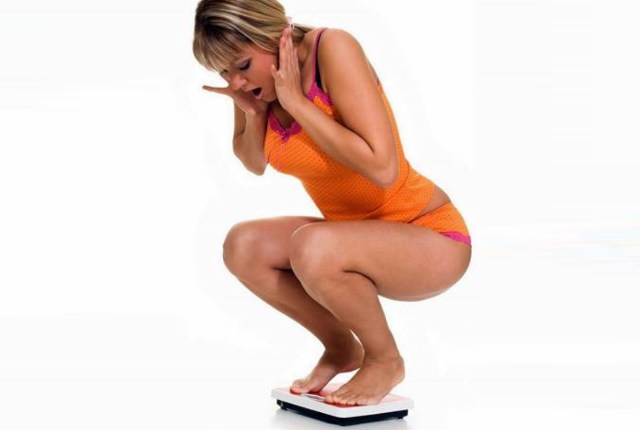
Similar to weight gain, diabetes can result in weight loss, as well. The problem is that your body starts to break down protein from your muscles and not fat. Furthermore, your kidneys start working excessively hard trying to trying to eliminate the extra glucose. Keep in mind that not every weight loss is healthy and go get an appointment.
7. Skin Problems

It’s not about regular acne and blackheads but much more. The defense mechanism of your body is just trying help fight against diabetes with those darkening spots, rashes and itchy skin all over your body. Luckily, these drastic changes are easy to notice so don’t wait until it gets worse.
6. Numbness and Tingling
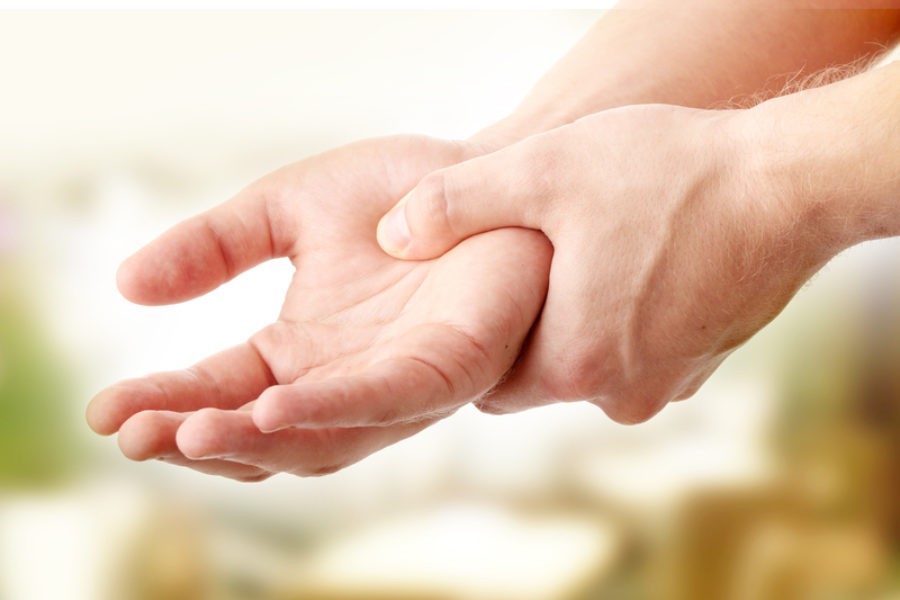
Numbness and tingling are unusual prickling sensations that can happen in any part of your body. People generally notice these sensations in hands, feet, arms, and legs. Many things can cause numbness and tingling, including sitting with your legs crossed or falling asleep on your arm.
If numbness and tingling persist and there’s no obvious cause for the sensations, it could be a symptom of a disease or injury, such as multiple sclerosis or carpal tunnel syndrome. Treatment will depend on your diagnosis.
Many things can cause numbness and tingling, including some medications. Things that we do every day can sometimes cause numbness, including sitting or standing in one position for a long time, sitting with your legs crossed, or falling asleep on your arm. These are all examples of blood flow being cut off to an area for a period of time.
There are numerous conditions that can cause you to feel numbness and tingling. For example, an insect or animal bite, toxins found in seafood, a migraine headache, or radiation therapy can give you a feeling of pins and needles. An abnormal level of vitamin B-12, potassium, calcium or sodium is another potential cause. Radiation therapy can also produce this odd sensation.
Sometimes a specific injury can produce numbness or tingling, such as an injured nerve in your neck or a herniated disk in your spine. Placing pressure on a nerve is a common cause. Carpal tunnel syndrome, scar tissue, enlarged blood vessels, infection, or a tumor can all place pressure on a nerve. Likewise, inflammation or swelling of the spinal cord or brain can place pressure on one or more nerves.
Some diseases produce numbness or tingling as a symptom. Diabetes, Raynaud’s phenomenon, multiple sclerosis, seizures, hardening of the arteries, or an underactive thyroid (hypothyroidism, Hashimoto’s thyroiditis) are examples of this. A stroke or transient ischemic attack (a mini-stroke) are other examples.
Damage to the skin via a rash, inflammation, or injury is another reason for numbness or tingling. Conditions that can cause this type of damage include frostbite and shingles (a painful rash caused by the chicken pox virus).
Most people only get scared when they experience the first signs of numbness. Untreated high blood sugar has numerous detrimental effects starting from nerve damage, numbness, and tingling to pain and swelling hands and feet. Doesn’t sound that good right? You should definitely ask for help.
5. Lose Hearing

This is just one consequence of the nerve damage. Since the small vessels and nerves are damaged, sound transmissions get interrupted on their way to your brain. Actually, hearing loss is twice as common in people with diabetes as others so it’s okay to start worry if you noticed any sudden change.
4. Bleeding Gums

High blood glucose is known to help bacteria grow wherever it is. First, you start getting red, swollen gums which will bleed while you brush your teeth. Right after you see blood on your toothbrush examine yourself in the mirror and get checked by a doctor.
3. Calf Cramps
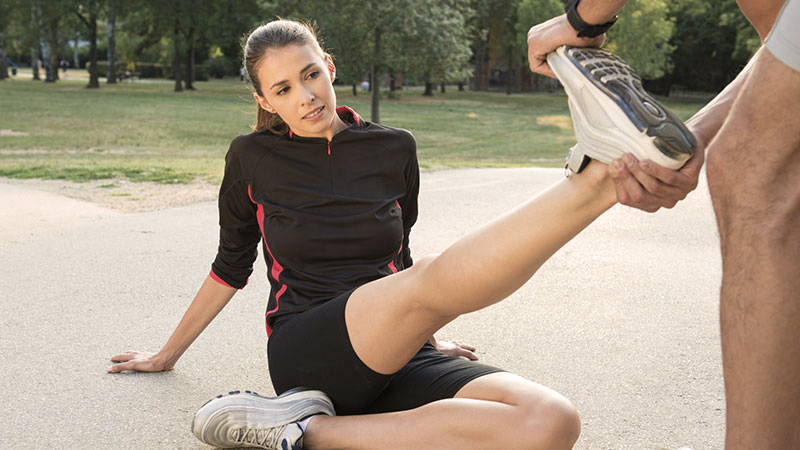
People suffering from diabetes are familiar with cramps, especially in their legs on a daily basis. This can also lead to circulation problems and pain in some parts of the body like thighs and even buttocks. It can be eased with some supplements and rest for a while but it will only get worse after a longer time.
2. Perspiration

Everybody’s perspiration rate is different, but it’s got to be consistent. Some diabetics experience excessive sweating even when they sleep or eat, while others stop sweating completely. No surprise, neither of these are healthy. The point is to be aware if something’s different about your body.
1. Dry Mouth
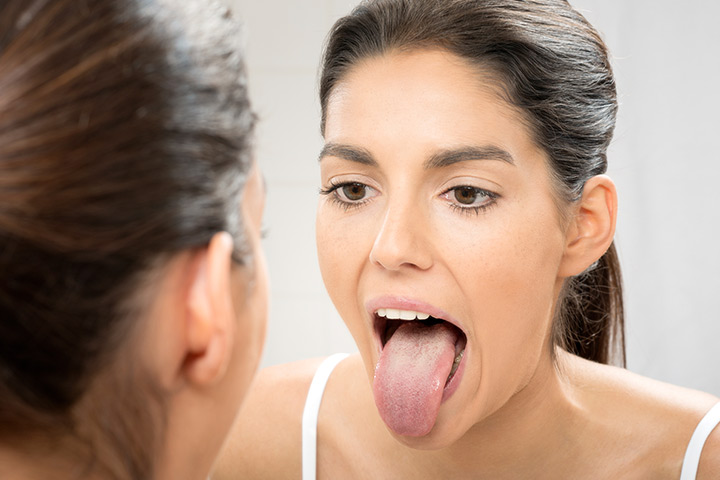
Perhaps your mouth suffers the most once you get diabetes. If yeast infections and bleeding gums weren’t enough, you’ll be happy to know that your mouth can constantly be dry, as well. High levels of blood sugar cause sore and lack of moisture in your mouth, which is not that nice to have.




